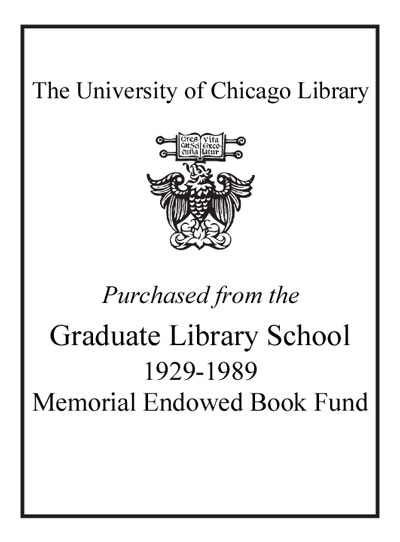Review by Choice Review
This work is based on contributions to an international conference titled "Self: Hindu Responses to Buddhist Critiques." As such, it is not so much a dialogue between the two traditions as a collection of essays from respected Hindu philosophers responding to Buddhist critiques on notions of self, primarily from an ontological perspective. The volume touches on the many varying views of self from diverse Hindu perspectives, including Ny~ya, Vaise^D.sika, S~^D.mkhya, Mm~^D.ms~, Advaita Ved~nta, and Kashmir Shaivism. Unfortunately, the majority of essays address critiques that come primarily from the foundational Pali Buddhist traditions; only two essays treat the Yog~c~ra and Madhyamaka philosophical systems in depth. Nonetheless, this book is the most systematic and philosophically adept comparative text from a Hindu perspective that this reviewer has ever read. It is a refreshing change from the highly philosophical debates in the literature that historically come from the Buddhist perspective. This important volume is indispensable for those wanting an in-depth look at the diverse notions of self within the classical Hindu traditions, and the relations they have to Buddhist thought. It is also necessary reading for those studying notions of self from a Western philosophical perspective. Summing Up: Highly recommended. Upper-level undergraduates and above. N. A. Weiss Naropa University
Copyright American Library Association, used with permission.
Review by Choice Review

